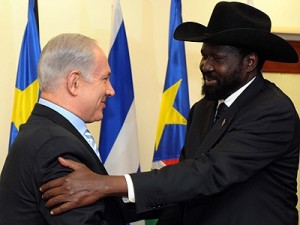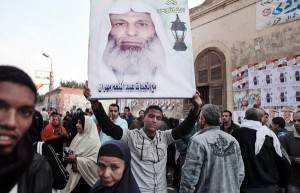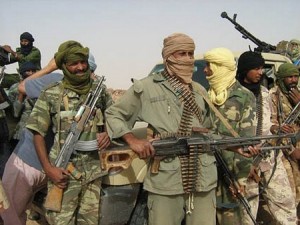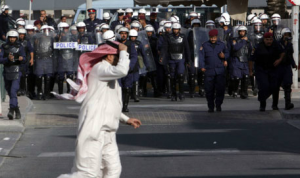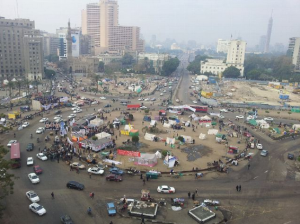The Alawite regime in Syria has by and large won a series of impressive tactical victories. Fighting is not yet over, however mere mop-up operations and rebel raids remain. The war has been costly, as bloodshed has already claimed more than 10,000 lives in Syria. To that point, the existing sectarian tensions and the asymmetrical nature of the conflict, mean that Syria is likely to endure a prolonged low-level insurgency for some time. With Assad no longer clinging to power, his military successes’ highlight the regime’s overall mastery of sectarian divisions, and the premier factor for his sect’s ability to rule Syria for over four decades. Needless to say, without mastering those divisions – mainly the ethnic and religious minorities against the Sunni Arab majority – Syrian military gains and continued Alawite rule would have been impossible.
Furthermore, Assad agreed to a recent UN-brokered ceasefire after he and his advisers likely calculated that they could officially declare an end to the fighting with the upper hand, which could theoretically offer him greater leverage in post-conflict negotiations. However, those negotiations are unlikely to happen any time soon, as militants within Syria and their supporters abroad are unlikely to recognize any peace deals with Damascus in the near future. Simply, their intransigence towards negotiating will serve to show that the Assad regime is an illegitimate ruler of Syria.
Even so, immediately after the fragile agreement was being announced, Assad’s forces stormed the population centers of al-Mazareb, Khirbet Ghazale, Homs, Latame, and Saraqeb, showing once again that it is on the offensive and reaffirmed that it has the upper hand. Although the ceasefire is by and large holding, it remains unlikely that it will last in the near term, given that there still exists fighting on both sides throughout Syria and the opposition’s reluctance to re-accept Alawite rule.
On the diplomatic front, Russian Foreign Minister Sergei Lavrov recently warned Sunni Arab and Western states against continuing to arm Syrian rebels by saying, even if they were “armed to the teeth”, they will still lose. Russia’s warning shows that Moscow is indeed confident that Assad’s regime will stay put. But most importantly for the Kremlin, Russia has been successful, along with other powers, in deterring its Western rivals from taking more aggressive action in Syria.
At present, Assad and his army have by and large defeated the potency of Sunni militants in Syria. The current low-level insurgency does not pose an existential threat to the regime in Damascus for the near future and desperate calls for intervention are unlikely to bear fruit any time soon. In addition, after regaining greater stability within Syria, Assad’s regime will likely seek retaliation against those entities that increased their meddling in the country. Chiefly, Assad could use his sectarian allies, such as the Kurdish PKK – a new ally, the Alevis in Turkey, Hezbollah, and minority Shiites across the Middle East to punish those actors who acted against him, mainly Turkey, Saudi Arabia, and Qatar.
Assad’s victories have shown that the era of dictatorial rule is indeed not over and the forces which promoted the ousting of Qaddafi in Libya and Mubarak in Egypt, are losing the current battle in Syria. Moreover, those who predicted Assad’s demise soon after protests broke out over a year ago- spoke to soon. For his continued rule highlights that despite claims that the new era of the “Arab Spring” would bring sweeping democracy throughout the Middle East, sectarianism prevails.
For up to date analysis on the Syrian conflict, click here.
